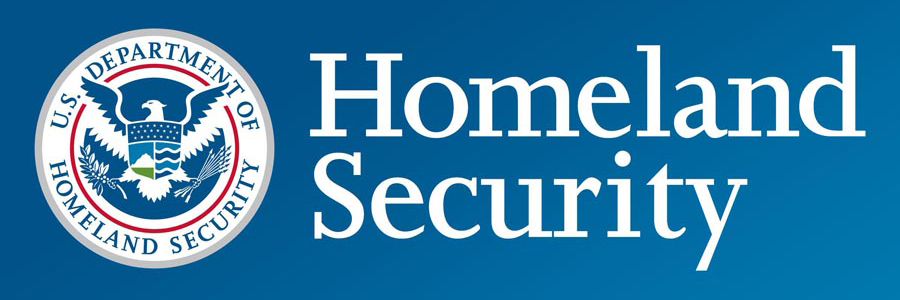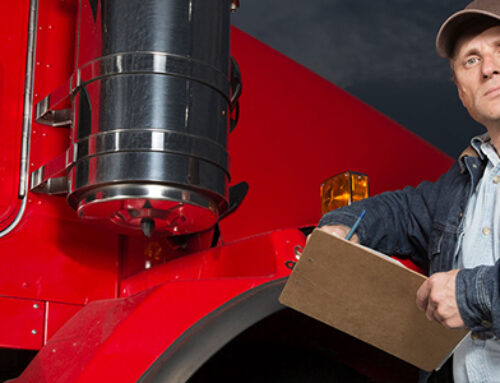The U.S. Department of Labor (“Department” or “DOL”) published its final rule on October 12, 2022: “Temporary Agricultural Employment of H-2A Non immigrants in the United States”, effective on November 14, 2022.
This final rule amends the standards and policies by which the DOL grants certification of agricultural labor or services to be performed by H-2A workers on a seasonal or temporary basis, and enforcement of the contractual obligations applicable to employers of H-2A workers.
What changes does the Final Rule bring for employers and H2A workers?
The main provisions in this final rule will enhance protections for workers, modernize and facilitate the process for the H-2A application and temporary labor certification, and ease regulatory burdens on employers. Said changes can be divided into three categories:
Strengthening Worker Protections and Program Integrity
- The final rule amends the standards and procedures by which employers qualifying as H-2A Labor Contractors (“H-2ALCs”) obtain temporary labor certification by allowing the electronic submission of surety bonds, adapting the mandatory surety bond amounts based on changes to adverse effect wage rates, approving a common bond form that contains standardized bond language, and allowing debarment of H-2ALCs that fail to sustain acceptable surety bonds.
- Defines “employer” and “joint employment,” the use of these terms in the filing of Applications for Temporary Employment Certification, and the obligations of joint employers. Employers that file as joint employers are treated as such as a matter of law for purposes of compliance and enforcement.
- Establishes that rental and/or public accommodations secured to house workers must comply with local, State, or Federal standards addressing certain health or safety concerns; amongst them minimum square footage per worker, sanitary food preparation and storage areas, laundry and washing facilities. The final rule also requires employers to submit written documentation that the housing meets applicable standards and contains enough bed(s) and room(s) to welcome all workers requested.
- Defines “rental and/or public accommodations” which includes hotels, motels, and other similar accommodations that are available to the public to rent for relatively short-term stays.
- Clarifies that employer-provided meals must be provided in a timely and sanitary manner and shall be nutritionally and calorically adequate. In situations where the public accommodation provides free breakfast, the employer may not use the free breakfast to satisfy one of the three daily required meals unless the free breakfast is nutritionally adequate and readily accessible to the workers.
- Enhances the DOL’s debarment authority by holding agents and attorneys accountable for their misconduct independent of the employer’s violations and clarifies that Applications for Temporary Employment Certification filed by debarred entities during the period of debarment will be dismissed without further analysis.
Modernizing the H-2A Application Process and Prevailing Wage Surveys
- Provides a single point of entry by requiring that employers file electronically applications for Temporary Employment Certification, job orders, and all supporting documentation through a centralized electronic system maintained by the DOL and allows electronic signatures meeting valid signature standards.
- Codifies the use of electronic methods for the Office of Foreign Labor Certification Certifying Officer to circulate notices and requests to employers, send approved job orders to appropriate SWAs for interstate clearance and recruitment of workers in the U.S., and issue temporary labor certification decisions directly to the Department of Homeland Security.
- Replaces outdated prevailing wage survey guidelines from the Department’s ETA Handbook 385 with modernized standards that are more effective in producing prevailing wages and expands the universe of State entities that may conduct prevailing wage surveys, including SWAs, other State agencies, State colleges, or State universities.
Expanding Employer Access and Flexibilities to use the H-2A Program
- Establishes new standards that permit individual employers having the same need for agricultural services or labor to file a single Application for Temporary Employment Certification and job order to jointly employ workers in full-time employment.
- Codifies a particular set of standards and procedures, with some revisions, for employers that hire workers engaged in animal shearing, commercial beekeeping, and custom combining according to a planned itinerary across multiple areas of intended employment in one or more contiguous States.







In an unprecedented move, the Department of Homeland Security announced that it will be releasing an additional 65,000 visas for Fiscal Year 2023. This announcement is unprecedented because it comes so early in the Fiscal Year. Thus, for the second year in a row, we can expect additional visas to be released for the first half of the Fiscal Year. It is important to note that 20,000 of the extra visas will be set aside for Northern Triangle countries. The Bernard Firm does have recruiters in the Northern Triangle countries so we are able to obtain workers from those countries as well others, especially Mexico. Overall, this is great news for everyone. For those starting the H-2B program this year, it means there will be more visa spots so your chances are higher of getting visa spots in your first year applying. For those already in the program, there is comfort in knowing that, for sure, there will be Supplemental Visas issued. Please contact your attorney or paralegal at The Bernard Firm to see if and how this announcement affects your case.
Please see a link below to the official Press Release issued by the Department of Homeland Security:
https://www.dhs.gov/news/2022/10/12/dhs-supplement-h-2b-cap-nearly-65000-additional-visas-fiscal-year-2023